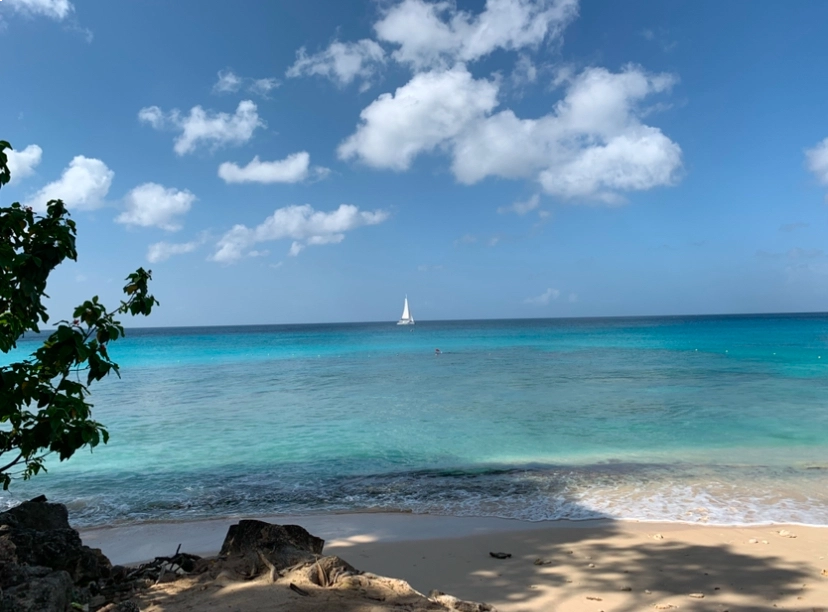Counselling

Remember, reality is simply a point of view, so through stimulation, encouragement, information, new experience and concise questions counselling can help you to expand your perception of yourself and others.
As a counsellor, I can help separate the intention behind an action from the action itself. When a person has a better choice of behaviour, which also achieves your purpose, you are more likely to act upon it. Remember, you are not your behaviour.
Some struggle with their own structures as they break these confines down and start to build a new way of being, and that is ok. Counselling is a process and uncovering of the true self. Remember a person makes the best choice they can given their map of the world. All our actions have at least ONE positive purpose. You just need to dig in to find it, and then from that new perspective a new understanding emerges and a different set of choices presents themselves.

CBT – Cognitive Behavioural Therapy
The main approach of Cognitive Behaviour Therapy (CBT) is helping individuals understand how their thoughts and emotions affect their actions.
It works by exploring, tackling and changing unhelpful thinking patterns that one has created over time and helps them change their perception on perceived danger so that one can break their negative cycle.
CBT helps individuals to challenge automatic beliefs and use practical strategies to change and modify their behaviour. This results in more positive thoughts, which in turn lead to more positive feelings and behaviours.
In short, our thoughts affect the way we feel, which then affects our behaviour. If we can change our thoughts, then we can change our behaviour.
I use a wide range of low, medium and high-level therapeutic interventions such as CBT [cognitive behavioural therapy] mindfulness and meditation techniques.
Counselling provides a safe space where the person can express themselves in confidence without judgement. By allowing the person to express their feelings and emotions; it increases their resilience, develops communication skills, builds confidence, improves general well-being and relationships with family members and peers.
Mindfulness is simply the art of being awake in the moment, of bringing our attention into the now. Of tuning into the present, stilling our minds, and slowing down. Being awake in the moment brings us time to be in creation rather than in reaction. In this place of being, we can choose to move our focus of attention from what we don’t want to have happened, to what we do. Then we can consciously create the steps to take us there.
Mindfulness and meditation is a lot more than a strategy to manage difficult situations. It is a way to cultivate a more balanced relationship with oneself in relation to life using the tools, techniques and useful insights to embody a more mindful way of life.
I have completed a Safeguarding Adults Course and the Adult Mental Health First Aid Course [depression, anxiety and psychosis]. Certifications available upon request.
